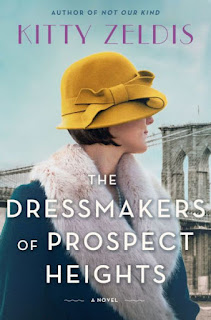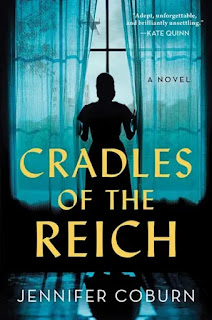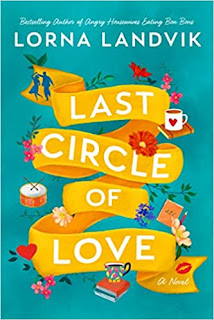 His books have been translated into twenty languages.
His books have been translated into twenty languages.
Blauner's new novel, Picture in the Sand, is the culmination of two decades of writing and research that took him from Brooklyn to Cairo a half-dozen times.
Recently I asked the author about what he was reading. Blauner's reply:
The book that's made the strongest impression on me in the last year is Bambi. Yeah, that's right, I said Bambi. You got a problem with that?Visit Peter Blauner's website.
Well, let me tell you, Bambi wasn't always a Walt Disney cartoon. It started life as a novel published in 1923 by Austro-Hungarian author, literary critic and man-about-town Felix Salten. He was part of a circle that included sophisticates like Arthur Schnitzler and Stefan Zweig. Salten's novel has something of his compatriots' dreamy sensuality, which will come as a surprise to those who only know the Disney version. The Nazis also perceived a threatening cultural/political subtext. They believed that Salten, an outspoken Jewish nationalist, meant hisstory to be an allegory about anti-Semitism and banned it. Salten fled to Switzerland where he saw the Disney version before he died, and lamented having sold the film rights years before for a thousand dollars.
What struck me moost about Bambi is the beauty and brutality of the world Salten creates. He gives his animals human voices without sentimentalizing them. When violence occurs, he's calm and matter of fact about it, almost like a war correspondent. Salten himself was a hunter, so he's very sharp and observant when describing the stillness of the woods. In fact, when I was reading his book, the walls and ceiling of the room I was in seemed to melt away, so all I could hear was the wind in the trees.
I've read a lot of crime fiction, and I've written some in my time as well. And Salten is as tough-minded as Raymond Chandler and Dashiell Hammett. I'd recommend this book to anyone, except perhaps very young children. I've heard many people say they were deeply upset by the death of Bambi's mother in the cartoon. That particular episode is handled deftly and discreetly in Salten's book. But the rest of the story would be overpowering and frightening to a defenseless young person in a completely different way.
The Page 69 Test: Sunrise Highway.
--Marshal Zeringue












































